.
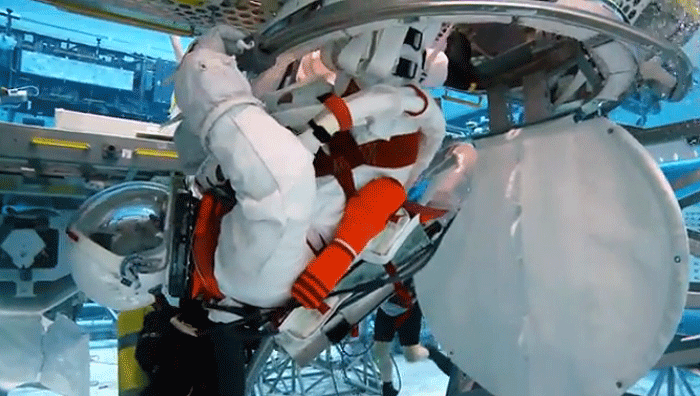
NASA is taking steps to make spacewalking on an asteroid a reality. In the Neutral Buoyancy Laboratory (NBL) near the agency's Johnson Space Center in Houston, engineers are testing a modified version of the pumpkin-orange Advanced Crew Escape System (ACES) worn by space shuttle astronauts during launch and reentry for use by future crew in the Orion spacecraft.
As the agency plans human deep space missions, including a voyage to a relocated asteroid, care is being taken to efficiently use space inside Orion. The white Extravehicular Mobility Unit spacesuits used by crews to conducts spacewalks on the International Space Station are too bulky to carry in the spacecraft, so NASA is looking at ways to alter the ACES suits for multiple uses both inside and outside the spacecraft.
"The shell of them is very much the same, and to the casual user you may not even notice the difference, but internally we modified them to work with the plumbing inside Orion," said Dustin Gohmert, Crew Survival Systems Manager at Johnson.
Through a series of tests in the NBL, engineers are learning what features need to be included to improve the suit's mobility beyond the needs of the trip from the launch pad to space and its return to Earth, such as enhanced gloves and elbow joints with improved mobility for spacewalks.
The ACES pumpkin suit was worn by space shuttle crews beginning in 1994 and builds on the earliest spacesuit worn by Ed White during the first venture outside a spacecraft in 1965.
"We're stepping back to our heritage to be able to use one suit for multiple tasks," said Gohmert.
NASA is looking at a broad range of ideas and techniques as the agency further refines its mission design for the agency's asteroid initiative, an effort that combines human exploration, space technology and science work being done across the agency to find and redirect and asteroid to a stable orbit near the moon for exploration by astronauts.
The NBL tests are helping with the evaluation of options for spacewalking techniques like how best to get out of Orion and traverse the spacecraft toward the captured asteroid. NASA is making use of previous experience and proving designs to accelerate development, ensure crew safety and increase reliability.
.
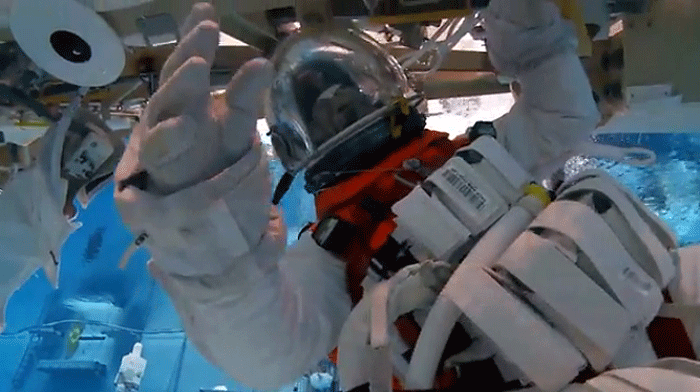
.
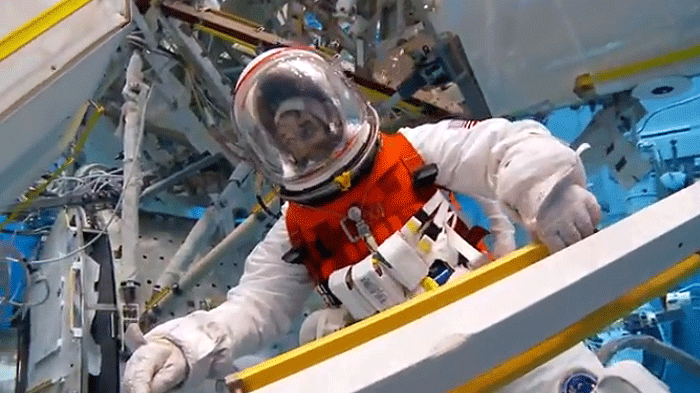
.
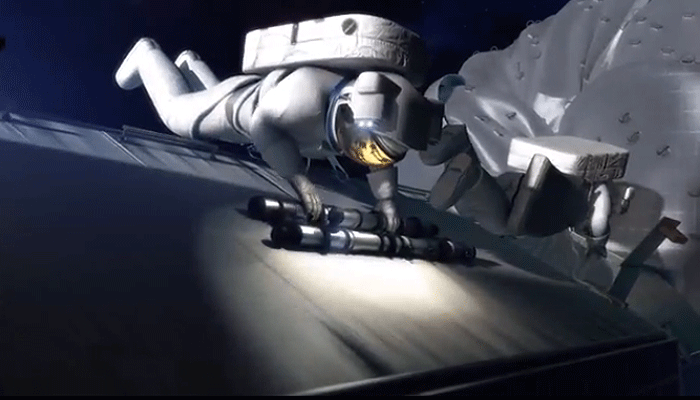
.
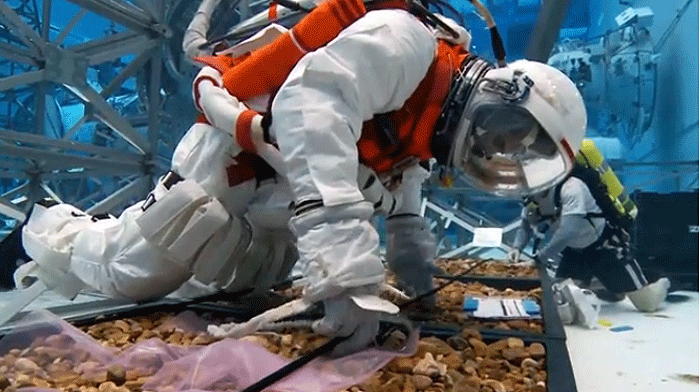
.
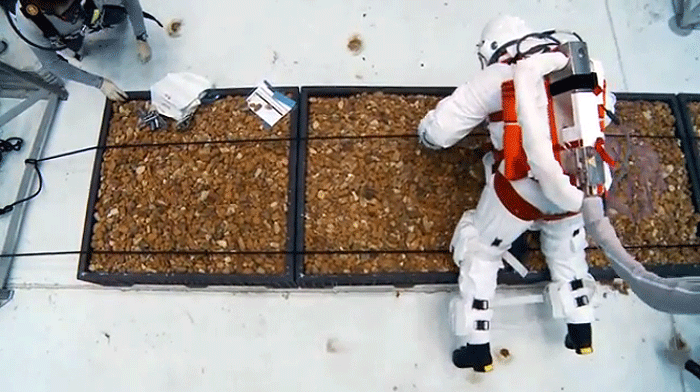
.
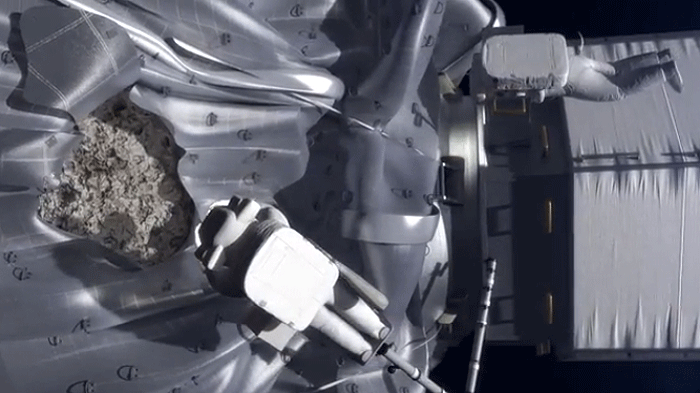
.
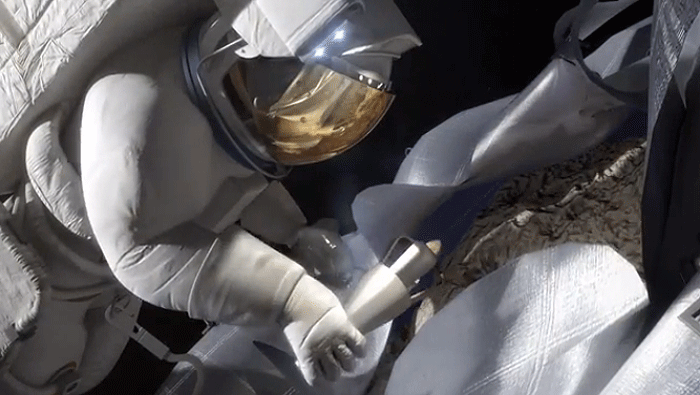
.
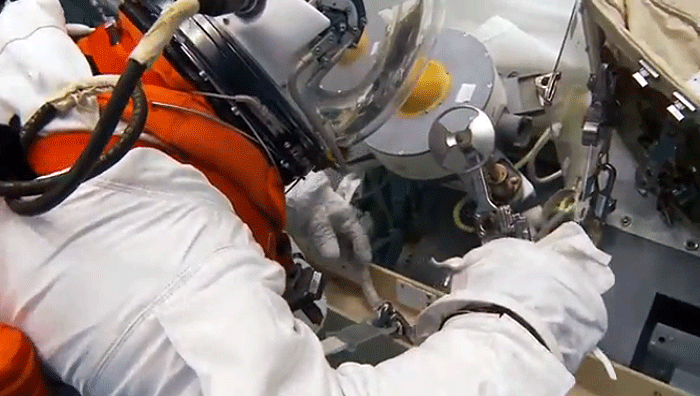
.
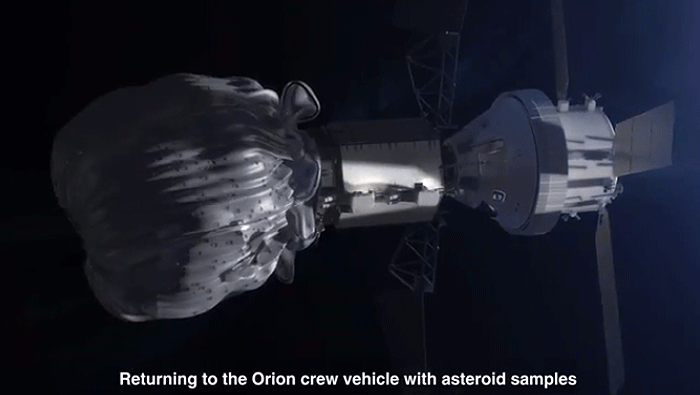
.
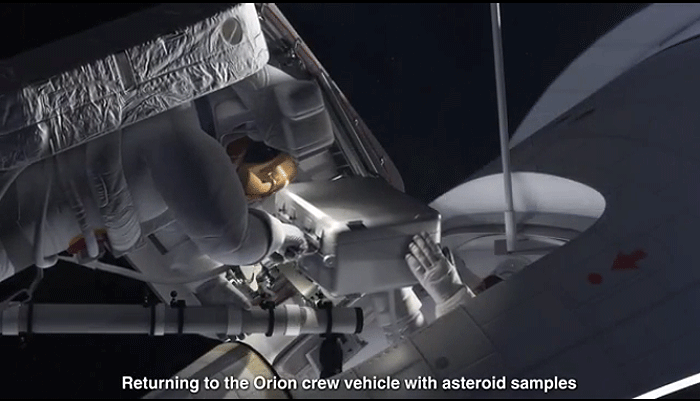
Quelle: NASA
6720 Views
